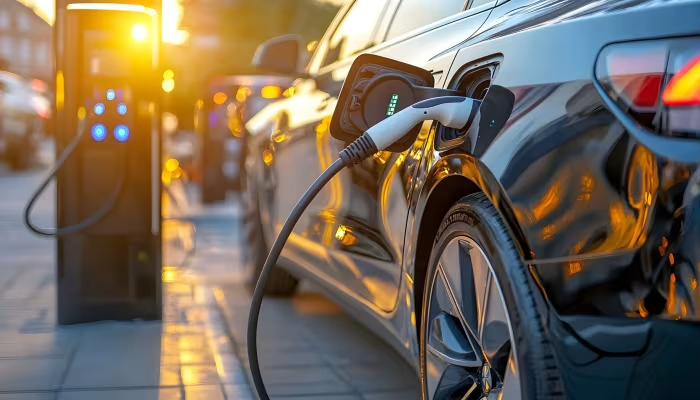The global electric vehicle (EV) market is experiencing unprecedented growth, driven by government incentives, technological innovation, and consumer demand for sustainable transportation. Countries worldwide are implementing tax credits, rebates, and infrastructure investments to accelerate EV adoption.
Automakers are expanding production capacities and developing new models to meet growing demand, signaling a transformative shift in the automotive industry.
Economic and Environmental Benefits
EV adoption offers significant economic and environmental benefits. Reduced dependence on fossil fuels lowers greenhouse gas emissions, improves air quality, and mitigates climate change impacts. Economically, the shift generates employment in EV manufacturing, battery production, and charging infrastructure development.
Consumers benefit from lower operating costs and energy-efficient transportation solutions, further driving market growth.
Technological Advancements in EVs
Battery technology has advanced significantly, with longer ranges, faster charging, and improved durability. Innovations in electric drivetrains, autonomous driving integration, and smart charging networks enhance the convenience and appeal of EVs for consumers.
Automakers and tech companies are investing heavily in research and development to maintain competitive advantages and deliver superior products to the market.
Policy Measures and Industry Response
Governments are implementing stringent emission regulations, offering financial incentives, and expanding public charging infrastructure. Automakers are responding by introducing affordable models, partnering with energy companies, and optimizing supply chains for sustainable production.
Public-private collaboration is crucial to ensuring a smooth transition to a low-carbon transportation ecosystem. Policies also encourage domestic manufacturing and battery recycling initiatives, supporting both environmental and economic objectives.
Future Outlook
Experts project that EVs could account for over 50% of new car sales in major markets within the next decade. Continuous innovation, supportive policies, and growing consumer awareness will be key drivers in achieving this goal.
The electric vehicle revolution represents not only an environmental imperative but also a profound economic and technological transformation, reshaping the future of mobility globally.
FAQs
Why is the EV market growing rapidly?
Government incentives, technological advancements, and consumer demand for sustainable transportation are driving growth.
What are the environmental benefits?
EVs reduce greenhouse gas emissions, improve air quality, and decrease reliance on fossil fuels.
How is battery technology evolving?
Batteries now offer longer ranges, faster charging, and improved durability, enhancing vehicle performance.
What role do governments play?
They provide financial incentives, emission regulations, and infrastructure investments to support EV adoption.
What is the future outlook for EVs?
EVs could account for over 50% of new car sales in major markets within the next decade, driving environmental and economic transformation.
Conclusion
The rapid growth of the electric vehicle market highlights a transformative shift in global transportation. By combining policy support, technological innovation, and consumer adoption, EVs are positioned to significantly reduce emissions and reshape mobility.
As governments and industry collaborate to expand infrastructure, develop affordable models, and innovate in battery technology, the EV revolution promises a sustainable and economically beneficial future for both consumers and society at large.

